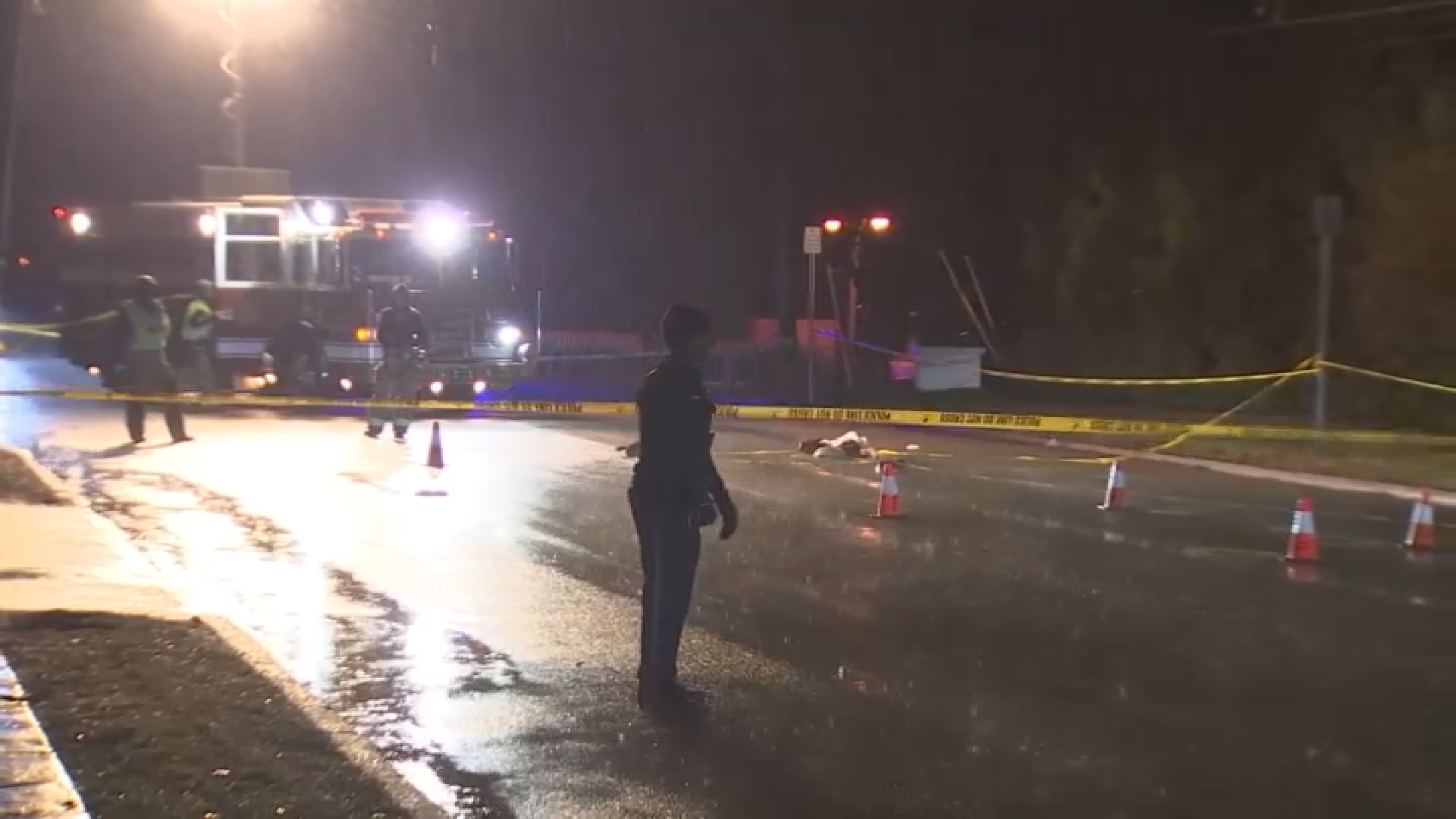A veteran says open air burn pits used to get rid of garbage and waste on military bases throughout the Middle East caused him health problems, including an incurable lung disease and chest pains. He also says he has to use a pacemaker at the age of 39. He’s one of thousands of soldiers who have made claims related to…
What to Know
- In 2014, Congress mandated that the VA create a burn pit registry.
- More than 170,000 Iraq and Afghanistan veterans have reported symptoms on the voluntary registry.
- More than 11,500 vets have submitted claims for illnesses they blame on burn pits, according to the U.S. Department of Veterans Affairs.
The American soldier can still remember the black smoke's effect during his time Balad Air Force Base in Iraq.
"You could just taste it," the former intelligence officer said in an interview. "It was like this sickening thing that burnt the back of your throat."
It's a recollection shared by tens of thousands of soldiers, perhaps hundreds of thousands, who served on the desert bases of Afghanistan and Iraq.
It is the description of the taste of a burn pit, which was for years the term used for a giant military garbage disposal.
"And that’s smoke from our lovely trash pile here on Anaconda,” another soldier can be heard saying in a video shot from another base.
More than 11,500 healthcare claims by military personnel have been submitted to the Veterans Administration, yet only two in 10 have been approved.
Local
Breaking news and the stories that matter to your neighborhood.
Congress and researchers are taking notice.
Veteran Chad Baer, who is a graduate student at the University of Pennsylvania, wants the V.A. to revamp its burn pit registry. There are currently 170,000 participants on the list.
"It's a pretty flawed tool," Baer said.
The V.A. should be collecting data for soldiers that includes proximity to burn pits, what was being burned in the pits and other soldiers who worked with the veteran in question.
"The V.A. can go from being. A laggard who's constantly getting beat up by the media to kind of a leader," Baer said.
Last year, several former soldiers and medical doctors spoke to NBC10 Investigators about their experiences with burn pits: large holes dug by crews who then filled the pits with trash and lit them on fire with jet fuel. For many soldiers deployed to the desert and living on bases adjacent to the debris disposal, the billowing black smoke was just part of their daily life.
Some now say exposure to these pits has adversely affected their long term health. Their submitted claims blame burn pits for chronic illnesses.
U.S. Rep. Raul Ruiz, D-Calif., has authored several bills to get better medical care for those affected by burn pits.
"If we don't know what was burned, then we won't be able to identify the health risks in order to outreach to our veterans," said Ruiz, who is a medical doctor.
A spokesman for the Department of Veterans Affairs said in a statement last November, "VA doctors treat all manner of Veterans health issues and the department continually looks at medical research and follows trends related to medical conditions affecting Veterans."
Army National Guard officer Cindy Aman is one of the former soldiers who remembers the smoke, the smell, the coughing.
She served in Iraq in the early 2000s. Once she returned home to Delaware, she began to notice new symptoms: shortness of breath, fatigue. More than two years later, she was diagnosed with an incurable lung disease called constrictive bronchiolitis.
She blames it on her near-constant exposure to burn pits, and told NBC10 that her fight for care has been "the longest journey ever."
Aman is among the vets who have submitted claims for illnesses they blame on burn pits, according to the U.S. Department of Veterans Affairs. Less than a quarter of them have, like Aman, have had their claims granted as of Aug. 30, 2018, the VA said.
In 2014, Congress mandated that the VA create a burn pit registry.
"Agent Orange took 35 years to have recognition," Aman said. "Here we don’t – I’m not waiting 35 years. God, we have veterans that are too sick to wait for 35 years. That’s not fair."
Melissa Bryant, who works with the Iraq and Afghanistan Veterans Association, said her group is pushing a bill called the Burn Pit Accountability Act – legislation that would hold the Department of Defense accountable for the health of its service members before they leave the military.
“Never before has the DoD looked to be accountable for the toxic exposures that we face,” said Bryant. “We’re already 17 years into this. So something’s gotta give.”
The VA said in a statement from a spokesman that every claim is "will be adjudicated using the latest scientific and medical evidence available."
"VA has granted service connection for various ailments associated with burn pits, and does so on an individual, case-by-case basis after review of a Veteran’s case," department spokesman Rick Fox said.
FOR MORE INFORMATION:
The Veterans Affairs Department's Airborne Hazards and Open Burn Pit Registry is available online at https://www.publichealth.va.gov/exposures/burnpits/registry.asp
Two veterans' advocacy groups are also working to raise awareness and on behalf of vets: Iraq and Afghanistan Veteran of America and BurnPits360.



